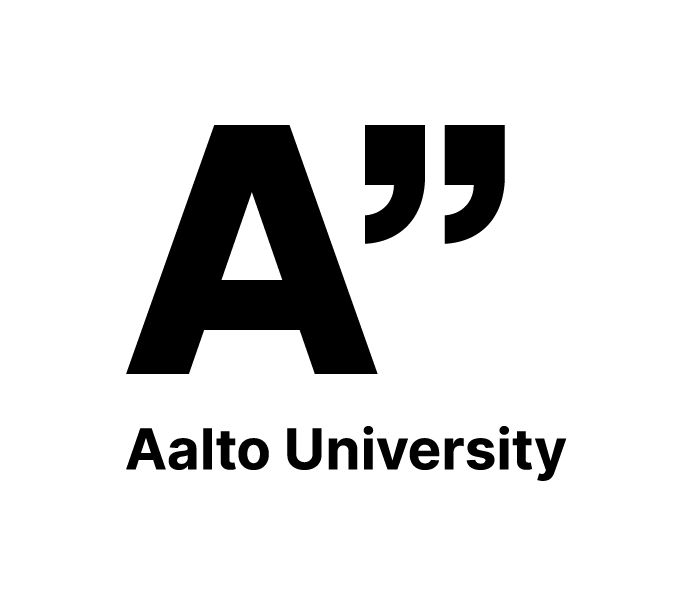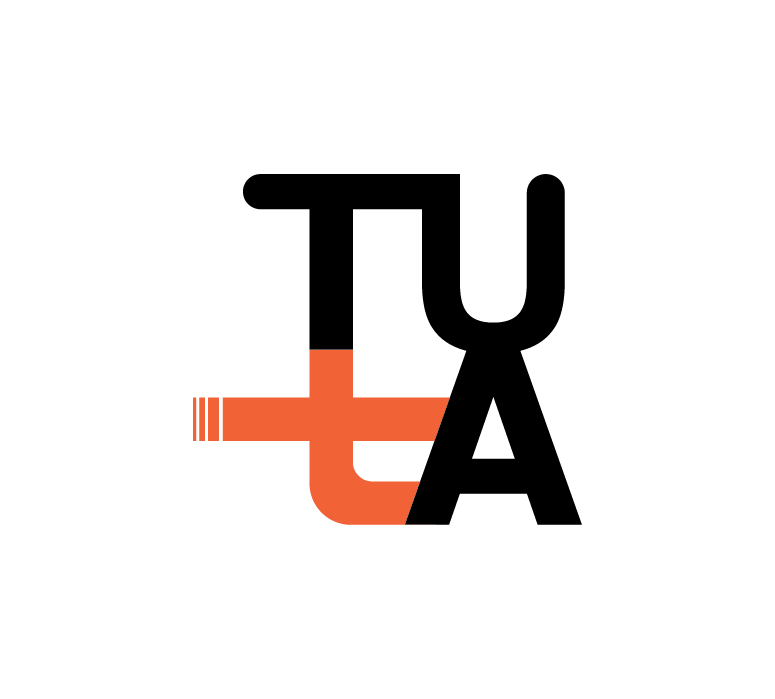
The ever-progressing digitalization of the economy and society is unlocking new opportunities for organizations engaging in services. We are in the middle of a transformation of the service sector that can be likened to the advent of mass production in the 1940s. Based on recent advances and developments in artificial intelligence, digital platforms, and blockchain systems, we are witnessing the emergence of new digitalization phenomena of metahuman systems, artificial intelligence platforms, and meta-organizations. Jointly, these forces are shaping now, or will be in the near future, the service activities of organizations around the world. They enable mass hyper-personalized services and mass servitization – new types of high variety and high-volume service processes. Artificial intelligence applications like search and recommendation engines, and artificial intelligence platforms such as Google Maps, Chat GPT, BloombergGPT and Stable Diffusion can be perceived as early manifestations of the ongoing transformation. Already in the present day, applications and platforms such as these can be adopted in a wide range of downstream tasks, thus enabling personalized service experiences for audiences of one. While increasing the value of service offerings, mass hyper-personalization and mass servitization also have the potential to increase the productivity of service operations and the entire service sector, especially in the context of knowledge-intensive work. This introductory chapter gives us an opportunity to not only provide an overview of the articles included in this collection and their contributions, but also allows us to reflect and provide an up-to-date synthesis of key emerging concepts and research directions grounded in our research. Thus, this chapter in its own right goes above and beyond the articles included in this collection and contributes to the ongoing discussion on digitalization and the future of the service sector.

